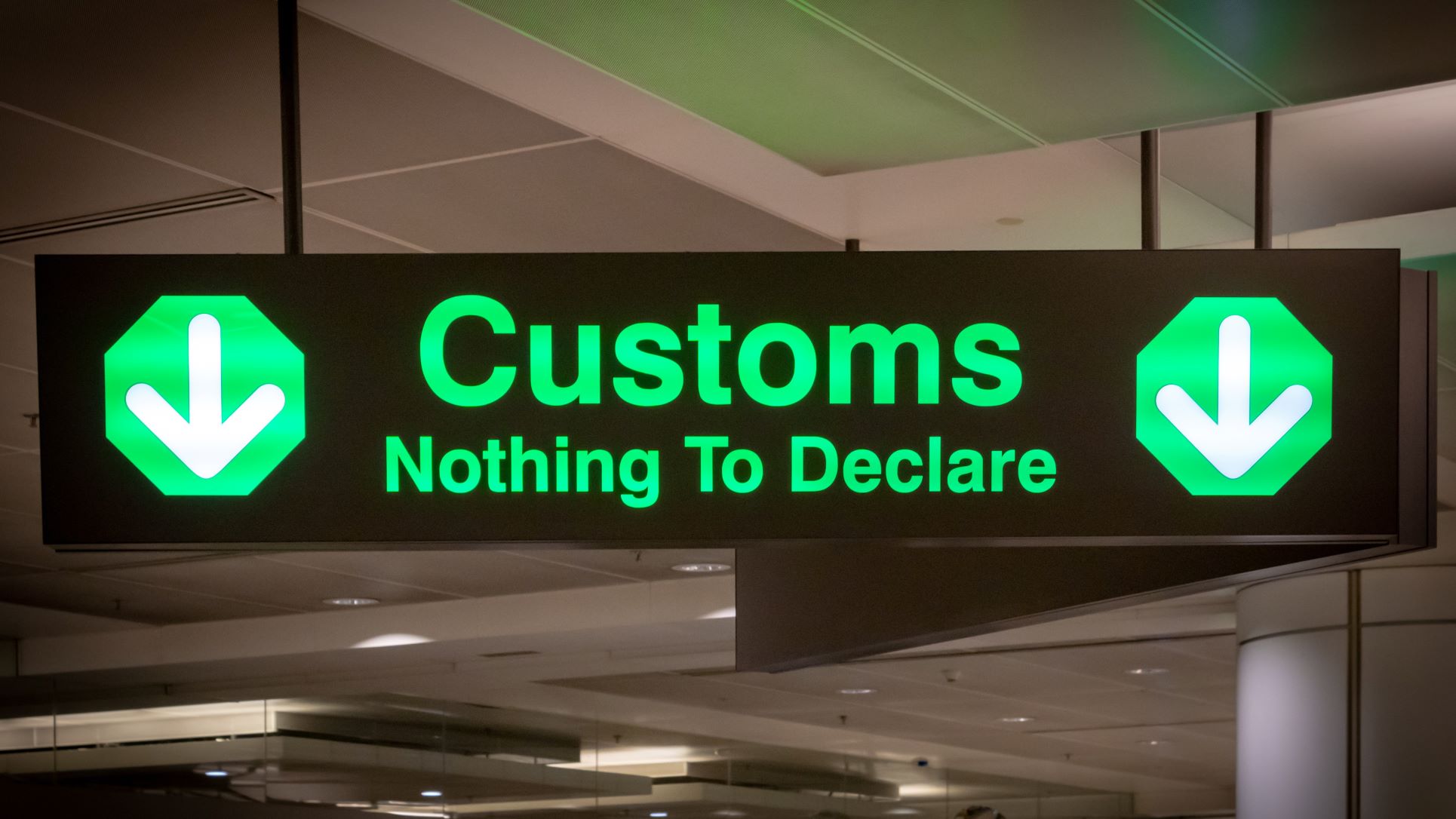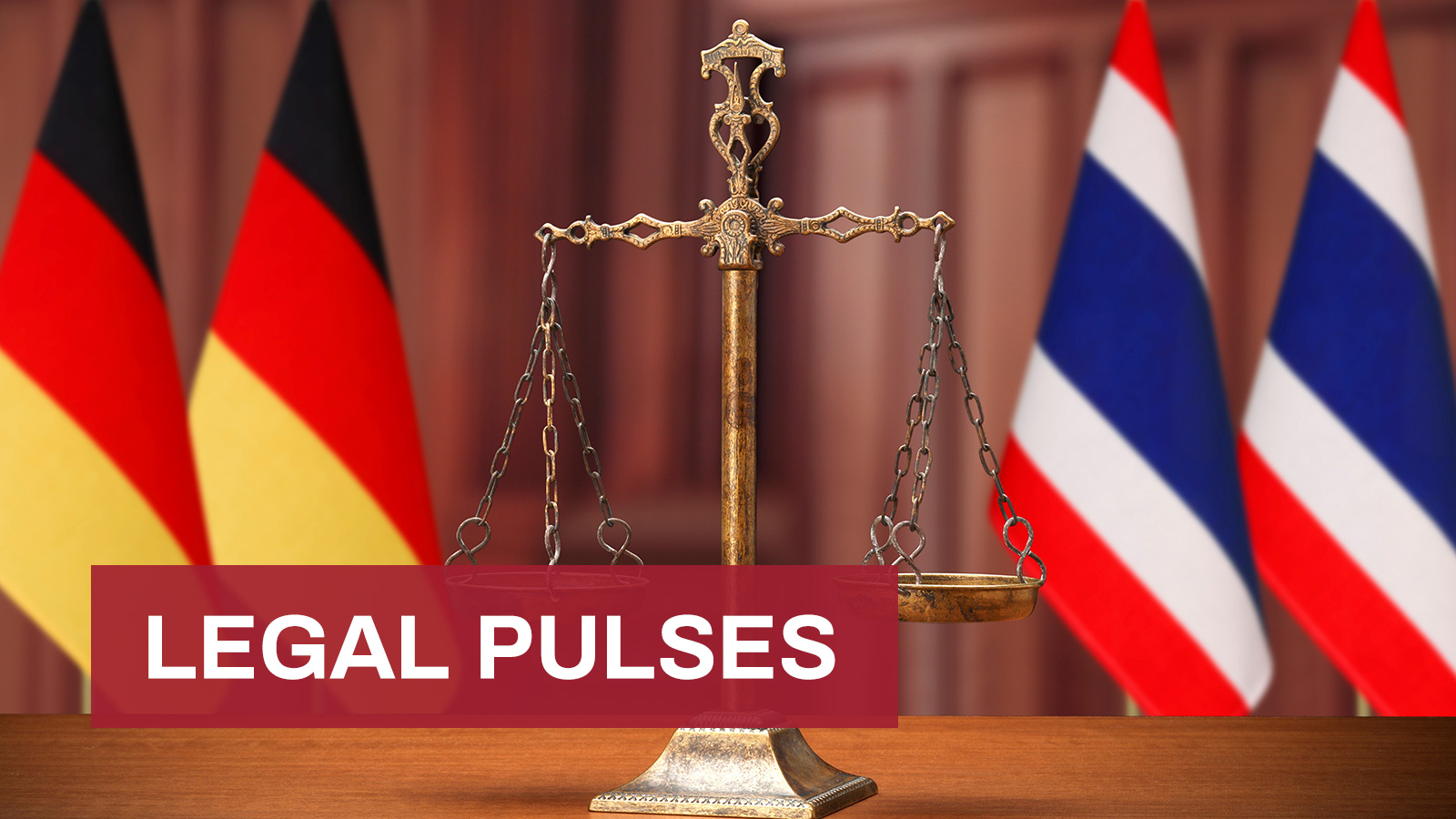Even for Foreigners: Duty-Free Importing and Trading in Thailand
The IPO is also intended to help Thai industry
The fact that Thailand protects domestic trade from foreign competition by means of its Foreign Business Act (FBA) has been well-known for years. However, the Thai industry also suffers if supplies are not arranged optimally. That has now been widely understood. With approval granted by the BOI, Foreigners may now establish an “International Procurement Office (IPO)” to import goods and have them sold not solely to wholesalers, but directly to export industries as well. A special incentive is the fact that raw materials and components can even be imported duty-free. Needless to say, this BOI promotion has conditions tied to it, for example, a minimum capital of 10 million THB. More information can be found on our website about the IPO, alternatively please contact Sanet Legal’s lawyers in Bangkok directly via partner@sanet-legal.com.  To support its export industry, Thailand now permits foreigners to import and distribute components and raw materials duty-free.
To support its export industry, Thailand now permits foreigners to import and distribute components and raw materials duty-free.
Probationary Period in Thailand: That’s what you need to know
“Payday” is the key to a solution
Thailand’s labor law does not recognize a “Probation Period”. Nevertheless, employment contracts do often include a clause about a probationary period. In most cases, the agreement then contains the provision that the employer may terminate the employment at any time “with a one-pay-period’s notice”. Alternatively, immediate termination may also be issued, if the amount due until the contractual end of the employment is paid at the same time. But note: “One pay-period’s notice” does not mean that the company’s obligation to pay will end on the next payday. Rather, this wording implies a time period of notice. For example, if notice is given on the 5th of a month, the payment obligation may not end until the 31st of the following month. Therefore, if you wish to agree on a probationary period, you would be wise to agree on salary payment twice a month, half each time, or – especially in the case of contracts with hourly wages – weekly payment during this period. This then means that the payment deadline is only valid until the next but one of the agreed payment dates, i.e. after 14 days at the latest in the case of weekly payment. If you have any questions regarding labor law, please contact us at info@sanet-legal.com or use our contact form.
Mandatory Presence On-site for Shareholder Meetings Eased
Thailand permits e-meetings under strict regulations
In principle, Thai law requires shareholders to be present in Thailand for Shareholders’ Meetings and resolutions. At times, this has also been subject to verification in cases of doubt by checking the entry stamps in passports of foreign members. Under COVID-19 entry requirements, these regulations have been temporarily eased. Instead, by emergency decrees, rules for holding “e-meetings” have been established. These include precise requirements on who is responsible for the proper invitation, on the organizational structure, as well as on the documentation of the meeting. For example, secret voting must be guaranteed, and participants must identify themselves in an adequate manner. An audio record must be kept. State EDTA Agency has approved certain online video systems for use in those meetings. For Board Meetings, the requirement for at least 1/3 of the Board members to be physically present has also been waived. But caution: decisions by written circular are still not valid. (Documented) physical presence at a properly organized e-meeting is mandatory. In case of violations, there is the risk of resolutions of shareholders’ meetings or board meetings being declared null and void retrospectively, leading to significant risks for the company and its management. Sanet Legal Limited will be pleased to advise on the details.  In Thailand, too, terminating employees can quickly become expensive. Cultural characteristics must also be taken into account.
In Thailand, too, terminating employees can quickly become expensive. Cultural characteristics must also be taken into account.
Severance Pay Claims in the Event of Layoff
How to reduce the risk of severance payments
Thai labor law has virtually no protection against dismissal for employees. Instead, there are extensive severance regulations that are monitored closely by the labor authorities. Anyone who has been employed by a company for more than 119 days will already be entitled to 30 days’ wages or salary as his compensation in the event of being laid-off. That amount increases to 90 days severance (3 months’ salary) after one year and 180 days after 6 years of employment. The scale ends at 400 days. No severance pay is due if the employee resigns by himself or in case of a mutual agreement. The same applies in the event of precisely defined misconduct by the employee and damage to the company. In that case, a prior warning is recommended, yet not mandatory in all cases. In most cases, therefore, an amicable agreement to terminate the employment relationship will be recommended. This often involves giving the employee a leave until the termination date, with continued payment of the salary. Many employees shy away from coming to work with their notice in their pocket for reasons of saving face, and therefore use this option. While at first glance this may appear to be a beneficial work culture practice for the employer, it also has a downside: a disputed termination is often considered “unfair” by the remaining team, even if colleagues had earlier complained about the terminated employee’s poor performance and lack of cooperation. Severance pay also becomes obsolete if the Employment is contractually limited to a maximum of two years and expires on a firmly predefined date. However, diligence is required at this point. Labor courts are likely to declare a temporary contract to be of indefinite duration if certain technical provisions are not complied with. For more information, please contact us at info@sanet-legal.com or use our contact form.

